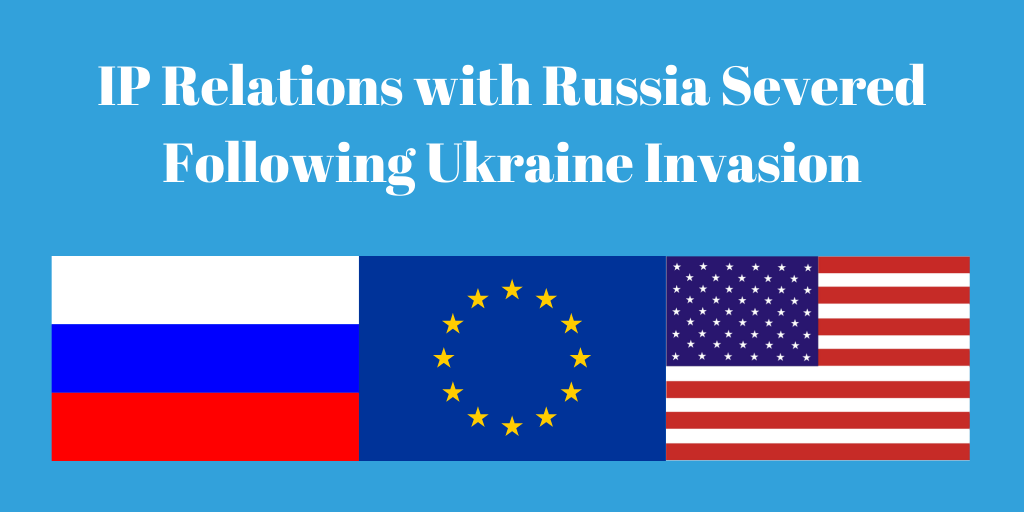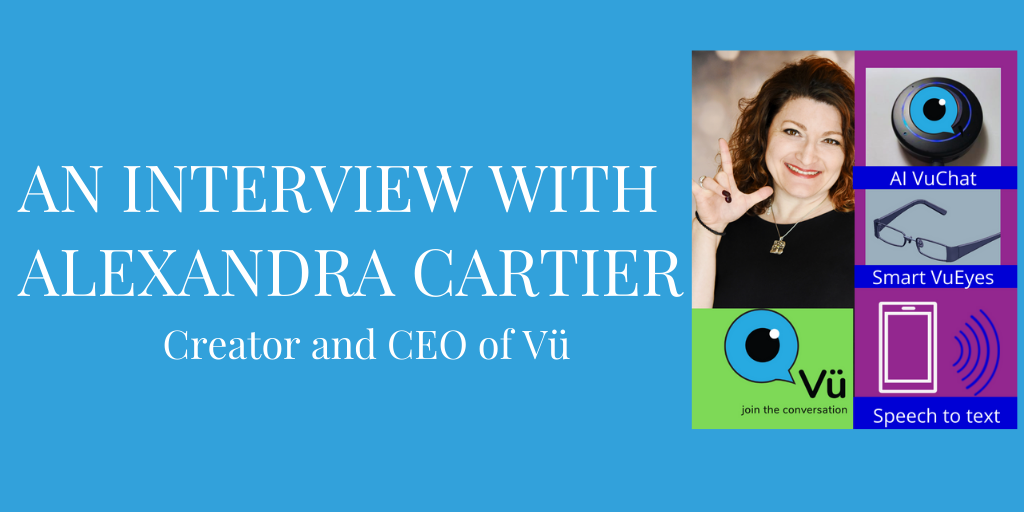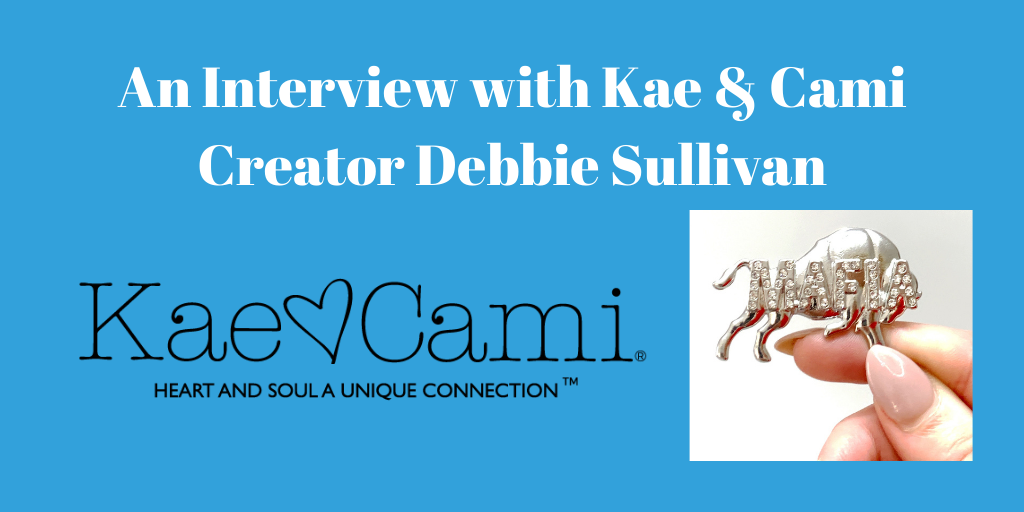Watching the former Jeopardy champions versus Watson the IBM super computer makes you wonder how far innovation will take us in the future.
Can a computer think like a man? Here IBM made a computer that can speak and understand language and the nuances of questions like those that are asked on Jeopardy.
But can it carry on a conversation or make life or death or even everyday decisions?
Matt Silverman as a special to CNN wrote that “Watson doesn’t really “think” anything, and it struggles with simple questions that most humans can answer without a second thought.”
IBM wants to push the limits of science and push the limits of human accomplishment. IBM scientists state that there are two types of innovation:
- Incremental innovation improving existing products and advancing them in a linear fashion; and
- Exploratory grand challenges like making a computer think like a man.
I was wondering how many answers these guys knew but were just not as quick as the computer and here is what Ken Jennings had to say on on People.com TV Watch:
“Is it really head and shoulders above the best human Jeopardy! players, the way it looked on TV? Not by a long shot,” Jennings wrote. “The reflexes of even a very good human player will vary slightly, but not Watson’s. If it knows the answer, it makes the perfect buzz. Every single time. And it’s hard to win if you can’t buzz.”
John Timmer of Ars Technica wrote for Wired Science that the world’s total CPU power can’t compare to “one human brain.” And if our brains are the ultimate computer why can’t we organize and pull up information the way Watson can?
I attempted to Google the information as quick as the answers were given and the Google search engine invariably came up with the right information for the question somewhere on the page. Remember in Jeopardy Alex Trebek gives the answer and the contestant must supply the question.
But the real question is can the computer understand the nuances of language? Even though a computer beat the grand champion Jeopardy players isn’t it still prone to silly mistakes?
In the second day the machine wrongly guessed Toronto to the answer: “Its largest airport is named for a World War II hero, its second largest for a World War II battle.” The Final Jeopardy category was U.S. Cities. Shouldn’t the computer have known Toronto is not a a US city? Luckily for the computer it wagered very little in Final Jeopardy.
Here is what IBM posted on its webpage:
The challenge is over. Watson, Ken Jennings and Brad Rutter concluded their final round of Jeopardy! and the winner was… resoundingly, humankind. Watson’s advances in deep analytics and its ability to process unstructured data and interpret natural language will now be applied to humanity’s most vexing problems. If we can teach a computer to compete on Jeopardy! what could it mean for science, finance, healthcare and the future of society?
How can this type of technology help the human race? Will computers get to the point where we can simply carry on a conversation with them? The Watson computer by IBM certainly is the most advanced computer in the world and I didn’t hear Alex Trebek try to start a conversation with the computer.
But even so, it never ceases to amaze me as to how fast technology improves. In fact I am dictating this blog post using a Dragon app on my iPad. And although I am not carrying on a conversation with this computer, I am talking to it and it understands my language and interprets it and puts it in writing on this electronic device on my lap. And I just take it for granted that it operates as such.
The IBM people speak about how they helped put a man on the moon in 1969. At that time the computing technology was so inferior to today’s but yet I remember in 1969 thinking that our technology was so great and that what we accomplished in those few years after Pres. John F. Kennedy gave us the space challenge was more than all the technology the world could gather up until that point.
I truly was proud to be an American when Apollo 11 landed on the moon and I am proud of the US innovation of today. I like the idea of IBM pushing the limits of technology and I hope that someday soon we can all profit from this technology either in the medical field or our everyday lives as they discussed on the Jeopardy show. I certainly wish that my car would understand me better when I try to get directions using the voice recognition.








